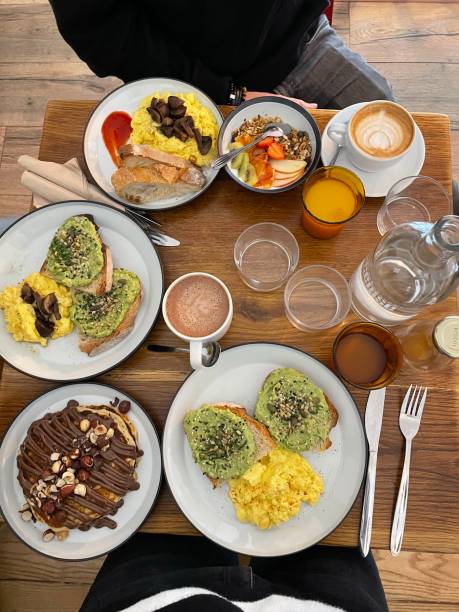The COVID-19 pandemic has not only reshaped the world’s landscape but has also brought about a profound transformation in the way we perceive societal norms, values, and behaviors. Amidst the chaos of lockdowns, social distancing, and mask mandates, there lies a subtle narrative embedded within the fabric of these restrictions. These unspoken messages convey profound insights into our collective psyche, exposing underlying tensions, inequalities, and vulnerabilities within society. In this article, we delve into the hidden meanings behind COVID-19 restrictions and what they reveal about our culture, values, and priorities.
- The Illusion of Control: One of the most striking aspects of COVID-19 restrictions is the illusion of control they impart. Governments worldwide have imposed various measures in an attempt to curb the spread of the virus, from lockdowns to travel bans to mask mandates. While these restrictions may provide a sense of security and reassurance, they also underscore the fragility of human existence in the face of a microscopic threat. The very fact that such drastic measures are deemed necessary highlights our vulnerability and the limitations of our control over nature.
- The Privilege of Compliance: COVID-19 restrictions have laid bare the disparities in society, particularly when it comes to compliance. While some individuals have the luxury of working from home and adhering to social distancing guidelines, others, such as essential workers and low-income communities, have been disproportionately affected by the pandemic. The ability to comply with restrictions often correlates with socioeconomic status, highlighting the privilege enjoyed by certain segments of the population. This disparity underscores broader issues of social inequality and access to resources.
- The Dichotomy of Individualism vs. Collectivism: The pandemic has sparked a debate between individual freedoms and collective responsibility. While some advocate for personal autonomy and resist government-imposed restrictions, others emphasize the importance of collective action in combating the spread of the virus. COVID-19 restrictions reflect this tension between individualism and collectivism, revealing underlying cultural values and priorities. The extent to which individuals comply with restrictions speaks volumes about societal attitudes toward community well-being versus personal liberty.
- The Stigma of Otherness: COVID-19 restrictions have also exacerbated existing stigmas and prejudices within society. Certain groups, such as racial minorities, immigrants, and marginalized communities, have been unfairly scapegoated and blamed for the spread of the virus. This scapegoating reflects deeper societal divisions and biases, as well as a tendency to otherize those perceived as different or foreign. The pandemic has thus amplified pre-existing fault lines within society, fueling fear, mistrust, and discrimination.
- The Resilience of Human Connection: Amidst the isolation and social distancing imposed by COVID-19 restrictions, there has been a resurgence of human connection and solidarity. Communities have come together to support one another, whether through mutual aid networks, virtual gatherings, or acts of kindness. This reaffirms the resilience of the human spirit and the innate need for connection, even in the face of adversity. Despite the physical barriers imposed by the pandemic, social bonds have proven to be a source of strength and solace during these challenging times.
- The Imperative of Adaptation: Perhaps the most profound message of COVID-19 restrictions is the imperative of adaptation and resilience in the face of uncertainty. The pandemic has forced individuals and societies alike to rethink their norms, habits, and lifestyles, adapting to new realities and embracing change. Whether through remote work, telemedicine, or online education, COVID-19 has accelerated existing trends toward digitalization and innovation. This adaptability underscores the capacity of humanity to overcome adversity and evolve in response to challenges.
COVID-19 restrictions extend beyond mere public health measures; they embody a complex tapestry of societal norms, values, and dynamics. From the illusion of control to the resilience of human connection, these restrictions convey profound insights into our collective consciousness and reveal underlying tensions within society. As we navigate the uncertain terrain of the pandemic, it is imperative to critically examine the unspoken messages embedded within these restrictions, interrogating their implications for our culture, values, and future trajectory. Ultimately, the pandemic served as a sobering reminder of our interconnectedness and shared humanity, urging us to confront our vulnerabilities and forge a more equitable and resilient society.

